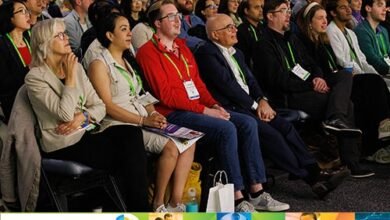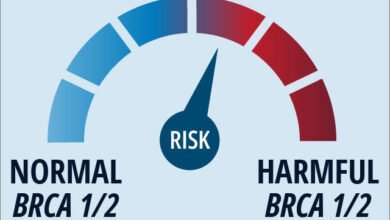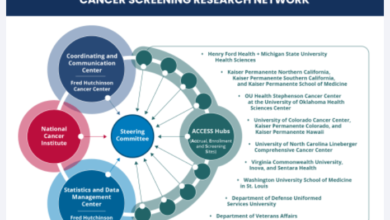A new culture – how CRUK is helping to take organoids global – Cancer Research UK

While there are several companies that serve a similar function, acquiring and selling useful reagents, Singh says that these tend to specialise solely in one type of reagent – say, antibodies or cell lines – and are not especially interested in the research objectives of their customers. CancerTools.org is different because it collates many types of research tools and is centred on the shared research goal of its target audience. “We have antibodies; cell lines; we have organoids; we have viral vectors; proteins; small molecules,” says Singh. “We are working across the spectrum, but our focus is supporting cancer research.”]
Indeed, the outfit currently has a portfolio of around 4,000 products – which also includes lines of genetically modified mice plus specialist culture media for maintaining primary cells and cell lines. “And the portfolio is ever increasing,” Singh says, with the team always open to branching out into new state of the art technologies if that technology can drive cancer research forward.
Often these products are not themselves going to be hugely profitable – in the way that a cancer drug or diagnostic tool might be – meaning that their developers may not rush to commercialise them. But they are nevertheless potentially very valuable to researchers seeking to ultimately develop those transformative products and so streamlining commercialisation and distribution of these reagents is crucial and a role that CancerTools.org fulfils.
Once suitable products have been identified and licensed, they are brought to CancerTool.org’s production facilities in Cambridge. There, an outsourced team of experts in cell culture, biochemistry, bioengineering and any other necessary skill set, stores, processes and produces the relevant reagents. This inhouse expertise also means they can offer extensive technical support to anyone using its products.
“We want researchers to come to us to deposit their reagents”, Singh says, “because we are the first of its kind; a non-profit biorepository of research materials with global coverage.”
Organoid opportunity
Having recently attended multiple conferences where the buzz around organoid biology is palpable, Singh speaks enthusiastically about making these reagents easily available to the cancer research community.
At present, CancerTools.org is storing and preparing to produce 46 of the organoid lines from Tamura and Hiyama’s group– with more than 50 other lines available in Japan – and talking to several potential first users.
Any research group that purchases one of these organoid lines will get a product that they can maintain and expand to use indefinitely in their own labs. In addition to detailed technical protocols, purchasers can access the relevant characterisation data, that includes information about the different cell types present in each type of organoid and data regarding these cells’ genomes, morphology and gene expression profiles.
“There are multiple applications – you can replicate anything that you would do with a cell line,” Singh says of these organoids, highlighting how large scale drug screens can easily be run on them, aspects of disease progression can be modelled and also immunotherapies tested on them. “And because these are not cell lines, they’re organoids,” he says, “the results are more relevant, because these organoids are more representative of clinical tissues.”
Because of these advantages and because organoid biology is moving so quickly – both in cancer research and biomedical investigation more broadly – Singh says that CancerTools.org want to be central to this field. They are, for instance, continuing to work with the research team at Fukushima to optimise processes and ancillary reagents required for growing organoids for different applications. Plus, they are encouraging other academic labs to deposit further organoid lines with them.
With Tamura and Hiyama convinced of the value and potential of the organoids their lab has created – and having seen their team develop robust methods for maintaining and utilising this resource – he is thrilled to be working with CancerTools.org. “Fukushima Medical University and Summit Pharmaceuticals International,” they say, “hope to see the use of their patient-derived organoids by as many global researchers in this field as possible.”
Source link
#culture #CRUK #helping #organoids #global #Cancer #Research



